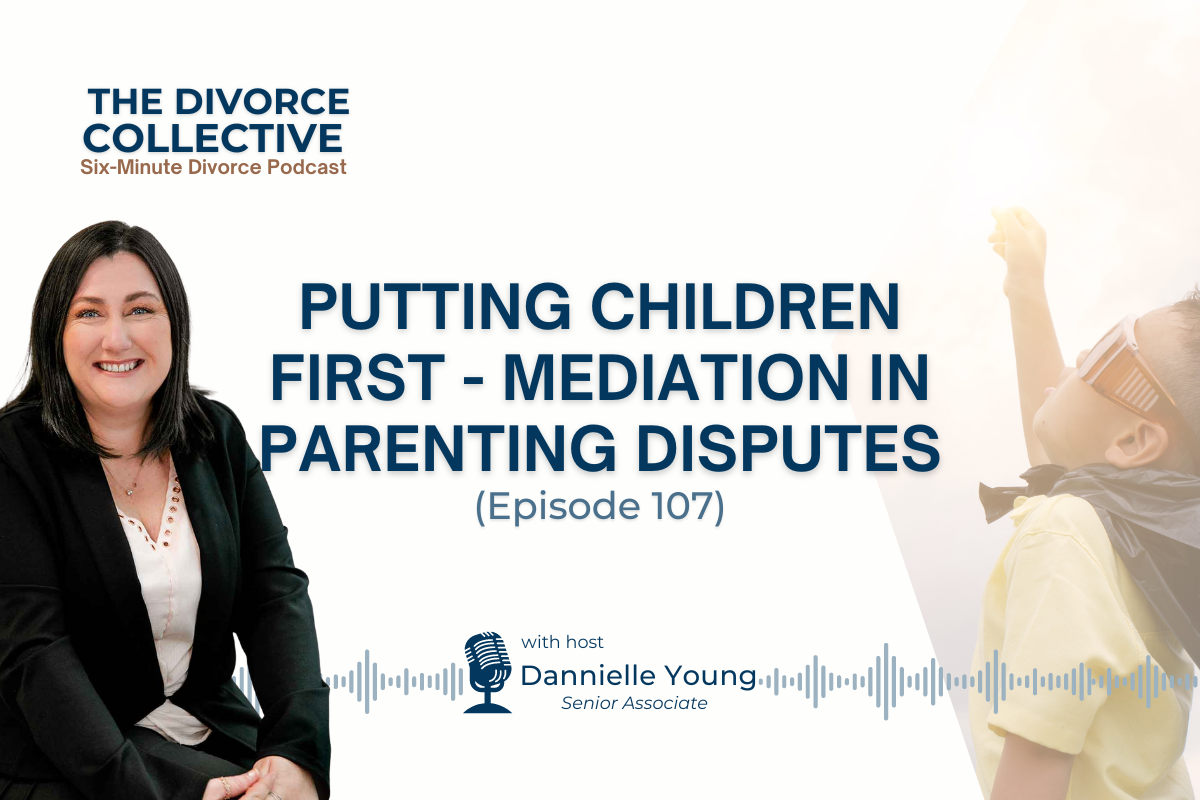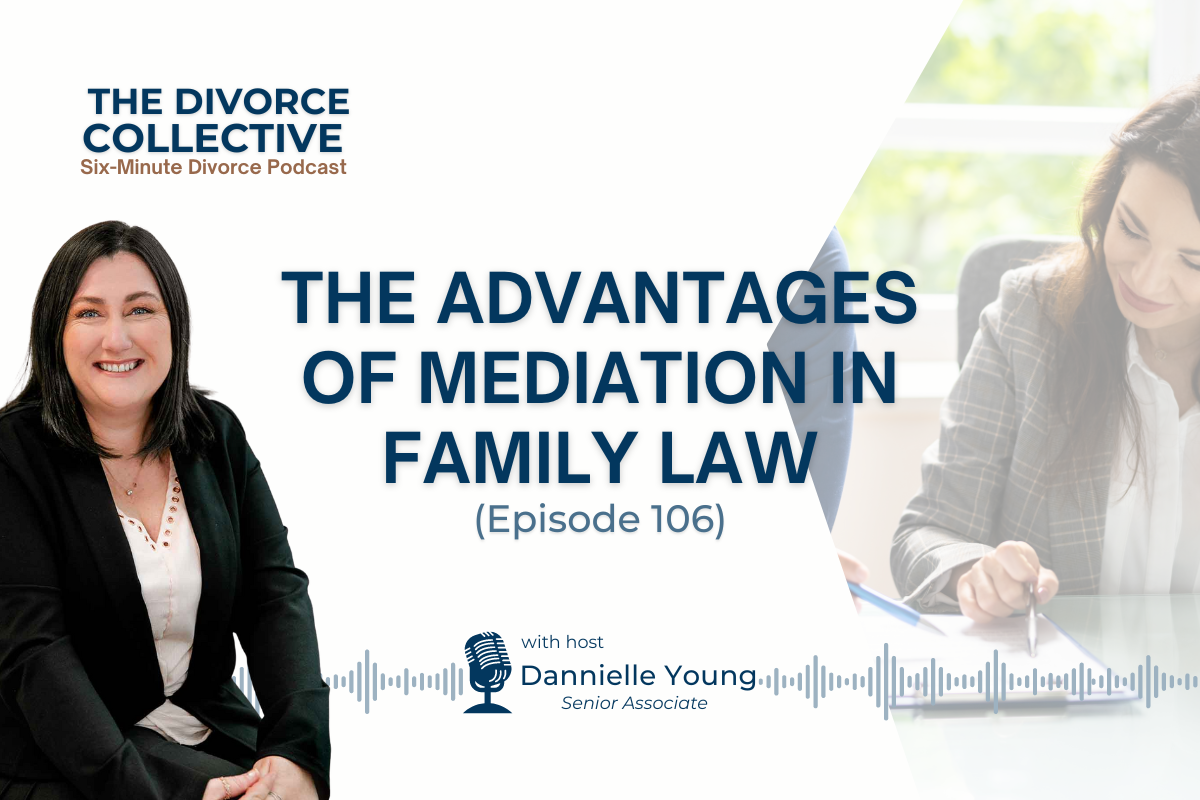If you are going through a separation or divorce, you may be wondering what type of property is included in the property pool for division. Often people think that the house that they own is the only property asset that is dealt with in family law, but this could not be further from the truth.
What ‘property’ is included in your property settlement and what must be excluded are all sources of confusion in family law matters.
This can be very problematic where the first step in any property settlement is to ascertain the property pool that is available for distribution. Often separating couples start out with their own negotiations prior to receiving legal advice and it is not until they attend upon a lawyer to draft Consent Orders or attempt to finalise their matter themselves that they run into issues as they have not dealt with all the assets as the Court requires, even if it is the case that the parties are agreeable and are consenting to how the property be divided.
As stated above common misconception is that ‘property’ is limited to the family home. However, under the Family Law in Australia ‘property’ is a lot more than just bricks and mortar.
A FEW IMPORTANT POINTS TO UNDERSTAND ARE AS FOLLOWS:
- ‘Property’ includes assets that have been acquired by either party or both parties, to the relationship or marriage – it isn’t exclusive to items with both parties’ names on the title or acquisition documents;
- All assets that either party has an interest or benefit in, whether they were acquired before or during the relationship, are included;
- ‘Property’ includes assets held both in and outside of Australia.
The following is a non-exhaustive list of what is likely to be considered ‘property’ for the purpose of your family law property division:
- The family home;
- Investment properties;
- Commercial properties;
- Vacant land;
- Businesses interests, including in a Pty Ltd and you as a sole trader or in a partnership;
- Trust interests;
- Motor vehicles;
- Motor cycles;
- Motor vessels, including jet skis;
- Shareholdings;
- Other investments;
- Funds in banks, building societies, credit unions or other financial institutions;
- Cash;
- Savings, such as term deposits;
- Gold or Silver Bullion;
- Credit card points;
- Household contents, including furniture, antiques, art work and chattels;
- Tools and garden equipment;
- Stock or other equipment;
- The surrender value on any life insurance policies; and
- Superannuation, including a self-managed superfund.
We hope that this clears up this question for you and provides some clarity around the issue of what is property as prescribed by the Family Law Act. If you should need specific advice regarding your unique circumstances, please phone our office for a free initial appointment.




